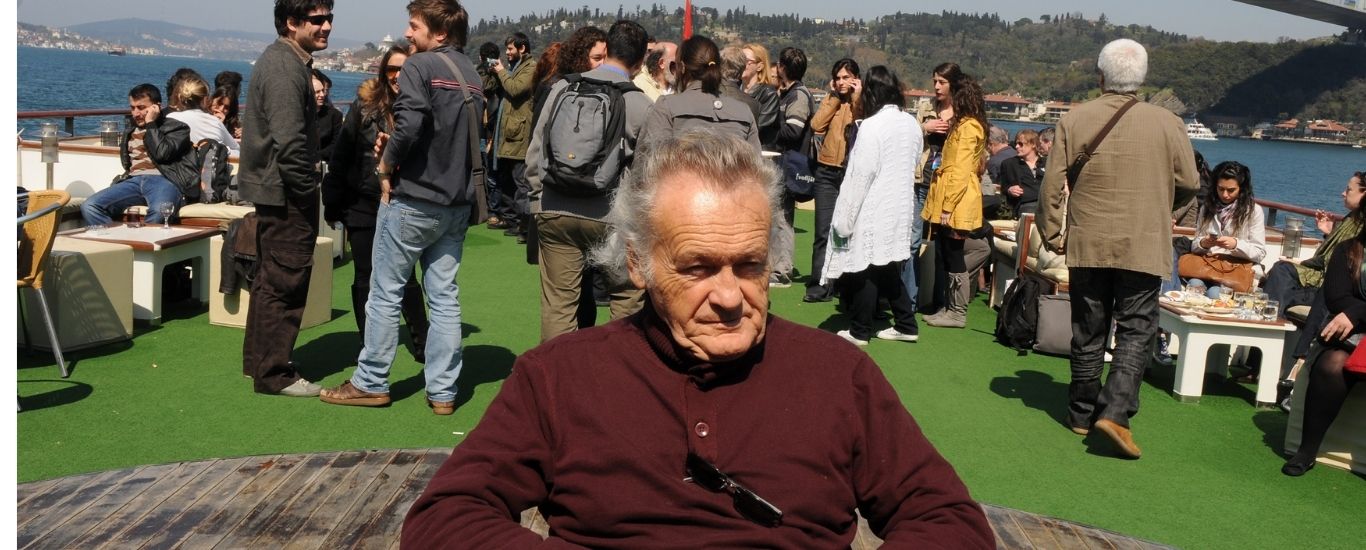Just like his contemporary and namesake, Jerzy Kosinski, Jerzy Skolimowski's childhood in Lodz, Poland, was scarred by the Second World War. His father was executed by the Nazis as a member of the Polish resistance, while his mother hid a Jewish family in their house. The indications of the brutalities of war are often reflected in his work. At college, he studied ethnography, history and literature, and took up boxing. In his young ages, Skolimowski was also an aspiring jazz musician, playing the drums as well as writing poetry. On another level, he has once said that he makes films to please himself. And it is no surprise that some of his best-known films are semi-autographical, and most personal: Rysopis, Walkover, Barrier, Hands Up!, Moonlighting and Success is the Best Revenge, also known as his "Polish sextet". When in his early twenties, he was already an acclaimed writer with several published books of poems, short stories and a play. He played a boxer in Andrzej Wajda's film The Innocent Sorcerers (1960), of which he wrote the screenplay upon a challenge by Wajda. He then collaborated with Roman Polanski, writing the dialogue for the script of Knife in the Water (1962), an innovation that was broke taboos. But after a long series of successful and acclaimed films that shaped a wonderful career as filmmaker, he gave a sixteen-year self-imposed hiatus until 2008, when he returned with the dark, intimate drama Four Nights with Anna. But art is one continuous streak for Skolimowski, who states "As a poet my mind is trained along the path of poetic associations". One of Poland's greatest living filmmakers, Jerzy Skolimowski is not a film director, screenwriter, painter, or playwright. As he has said for his so-called break, "Remember that I am not only a film-maker but also a painter", he is a complete artist.
Photo © Ilgın Erarslan Yanmaz









